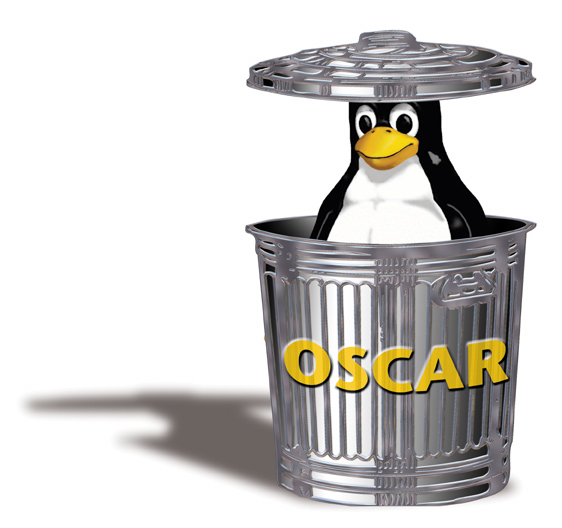This month i would like to point at the latest developments on the OSCAR core:
* OSCAR Repository Manager, a.k.a. ORM, has appeared. ORM is a simple
abstraction on top of PackMan that allows one to easily deal with a given
Linux distribution: when creating a new ORM object, one can specify the
Linux distribution the object is associated with, and then ORM knows
which OSCAR repositories must be used, how to bootstrap an image, and how
to manage binary packages.
This abstraction is usefull to simplify some OSCAR related code. For
instance, SystemInstaller can now be modified to rely on ORM for image
creation, avoiding the current implementation based on several modules,
specific to SystemInstaller, and duplicating capabilities already
provided by others OSCAR components.
For more details about ORM, please refer to ‘‘perldoc
OSCAR::RepositoryManager’’ after the installation of ORM on your system.
* Audit of the Selector code: thanks to the effort of OSCAR developers, we
have now a specification of Selector’s capabilities. This audit allowed
us to identify implementation limitations and to address those
limitations.
Thanks to these modifications, Selector is now much faster and is
actually based on a clear and well-specified interface with ODA, the
OSCAR database (Selector get/set data from/into ODA).
For more details, refer to the Selector documentation, which is available
with the Selector code, under to ‘‘doc’’ directory.
* Separation of the code of the different OSCAR core components: the source
code of ODA, Selector, and ORM are now separated from the source code of
OSCAR trunk. This source code for those components is now in ‘‘pkgsrc’’
(http://svn.oscar.openclustergroup.org/trac/oscar/browser/pkgsrc). This
organization of the source code allows us to have a fine grain management
of the different developments: each components can have its own release
cycle and dependencies between components can easily be expressed via
binary packages dependencies (especially since, nowadays, OSCAR is entirely
shipped via binary packages).
